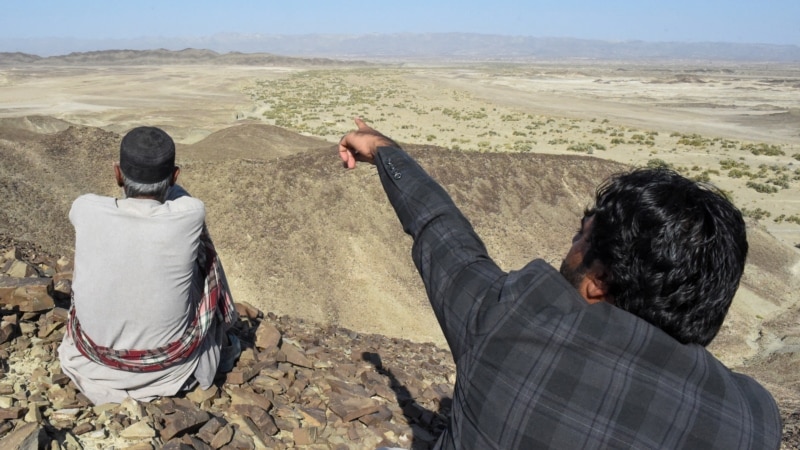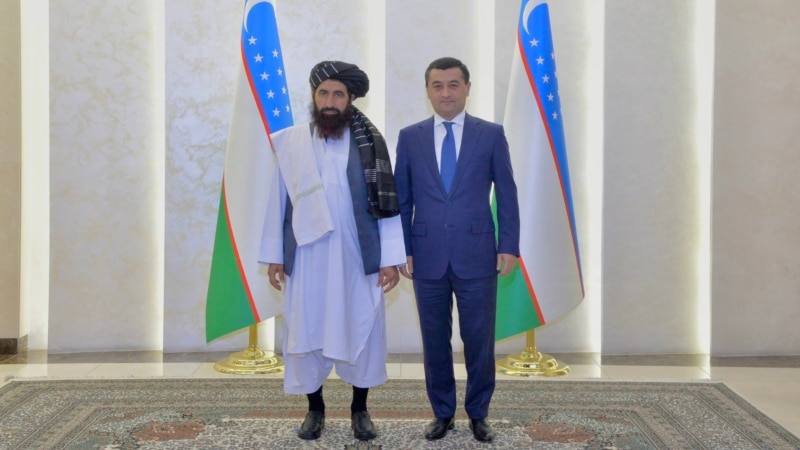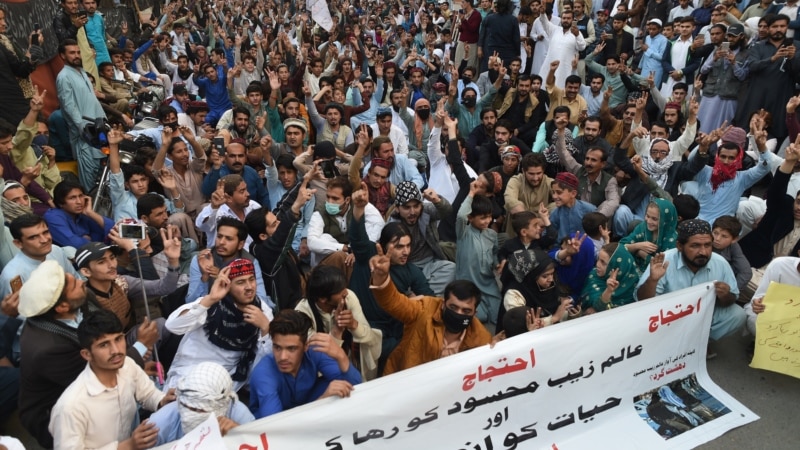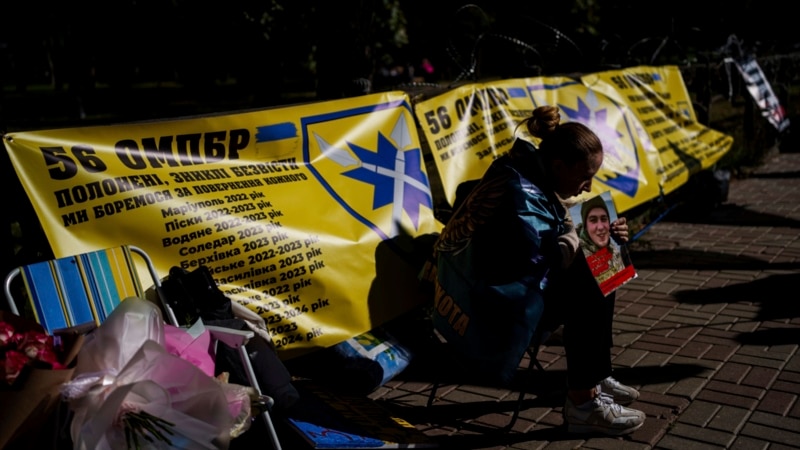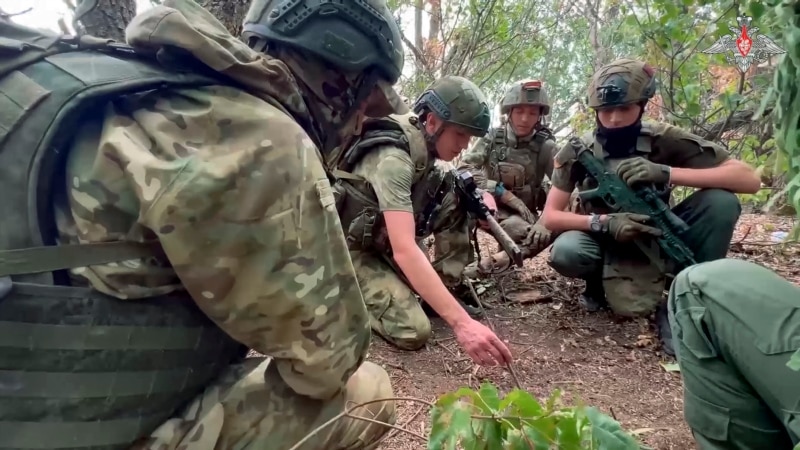Regional powerhouse China offered to play a “constructive role” Thursday in easing tensions between Pakistan and Iran, which have reached a boiling point following reciprocal airstrikes across their shared border, leaving civilians dead and raising fears of further escalation.
On Thursday, Pakistani airstrikes in Iran’s Sistan and Baluchistan provinces killed several people, including four children and three women, Iranian officials said.
Pakistan justified the airstrikes as targeting “hideouts used by terrorist organizations” in Iran, a claim strongly rejected by Tehran.
The strikes took place two days after Iran bombed targets on Pakistan’s side of the border, killing two children in an attack it said was aimed at a Sunni terrorist group.
Both sides vehemently deny violating international law and each accused the other of breaching its territorial sovereignty. Pakistan recalled its ambassador to Iran on Wednesday.
Amid the growing crisis, China has stepped forward, urging both countries to avoid further escalation.
“China sincerely hopes that Pakistan and Iran will exercise calm and restraint and avoid escalation of tensions,” Mao Ning, a spokesperson for China’s foreign ministry, told reporters in Beijing.
“If there is need from the two sides, we would like to play a constructive role in cooling down the situation.”
China’s offer to mediate stems from its significant economic and political ties with both nations. It has invested heavily in resource extraction and infrastructure projects in Pakistan, particularly in the restive Baluchistan province, where the recent airstrikes took place.
Additionally, Pakistan and Iran are members of several Chinese-led regional enterprises, including the Belt and Road infrastructure initiative and the Shanghai Cooperation Organization.
While Pakistan and Iran claim their airstrikes targeted terrorists, independent observers paint a picture of civilians caught in the crossfire.
“Both parties are targeting Baloch civilian population on both sides of the border,” the Human Rights Council of Baluchistan, an organization advocating for the rights of Baluch people, said in a statement on Thursday.

